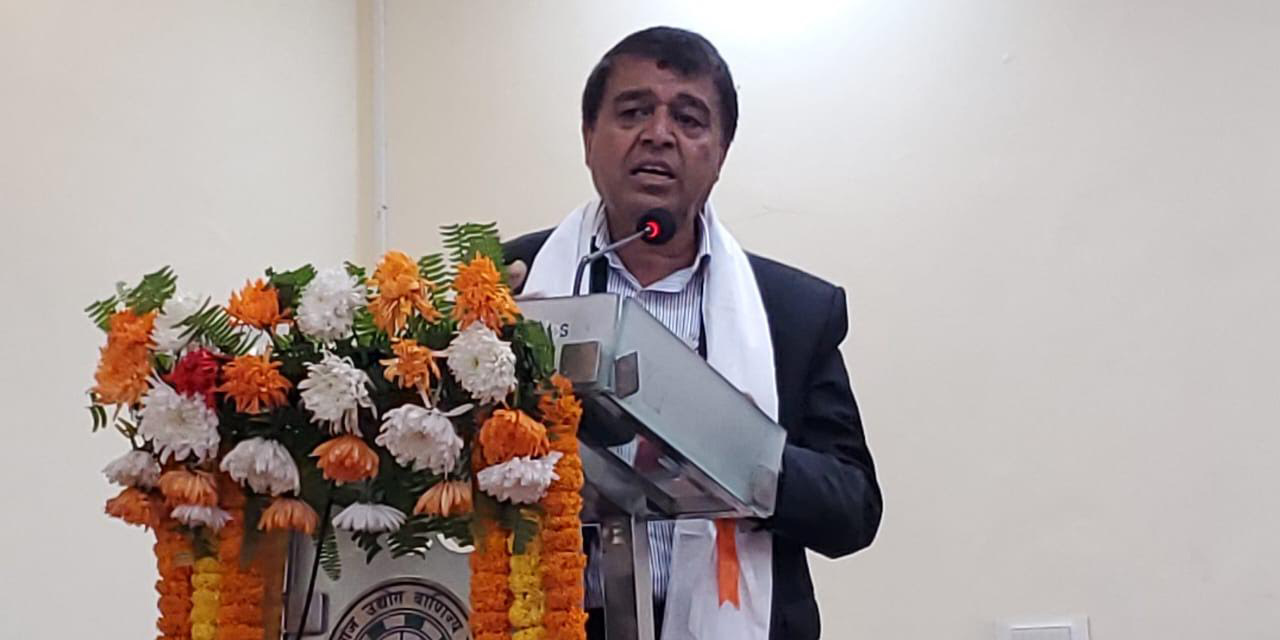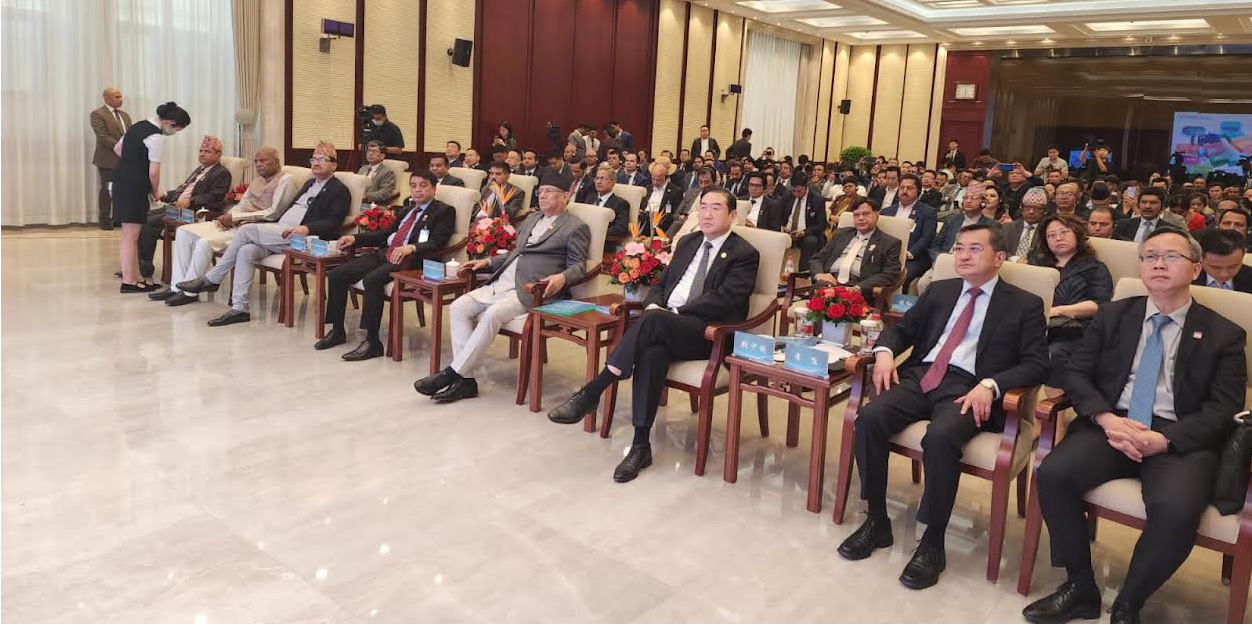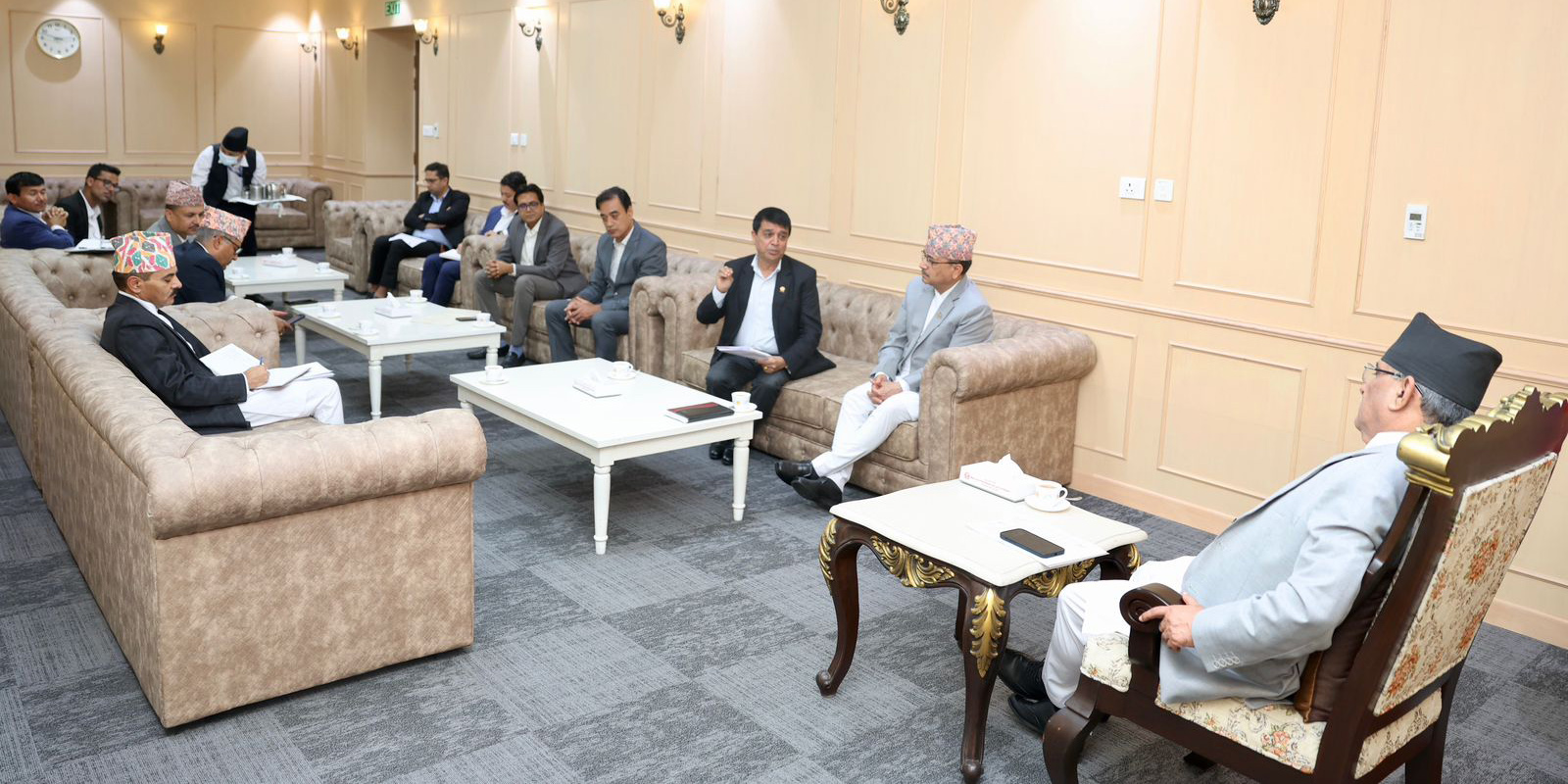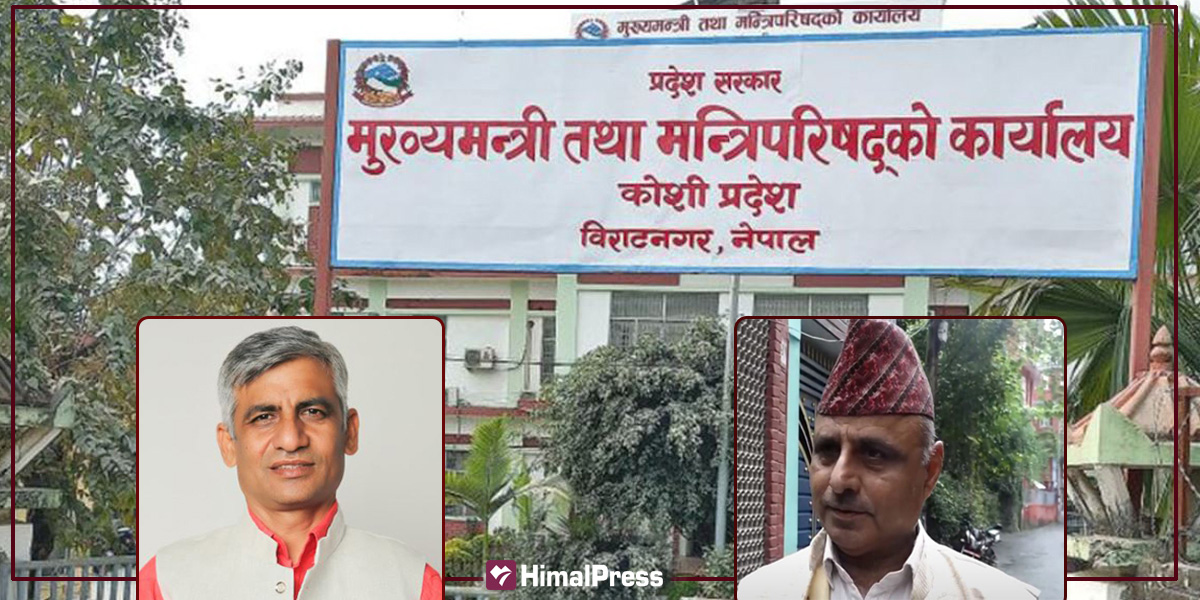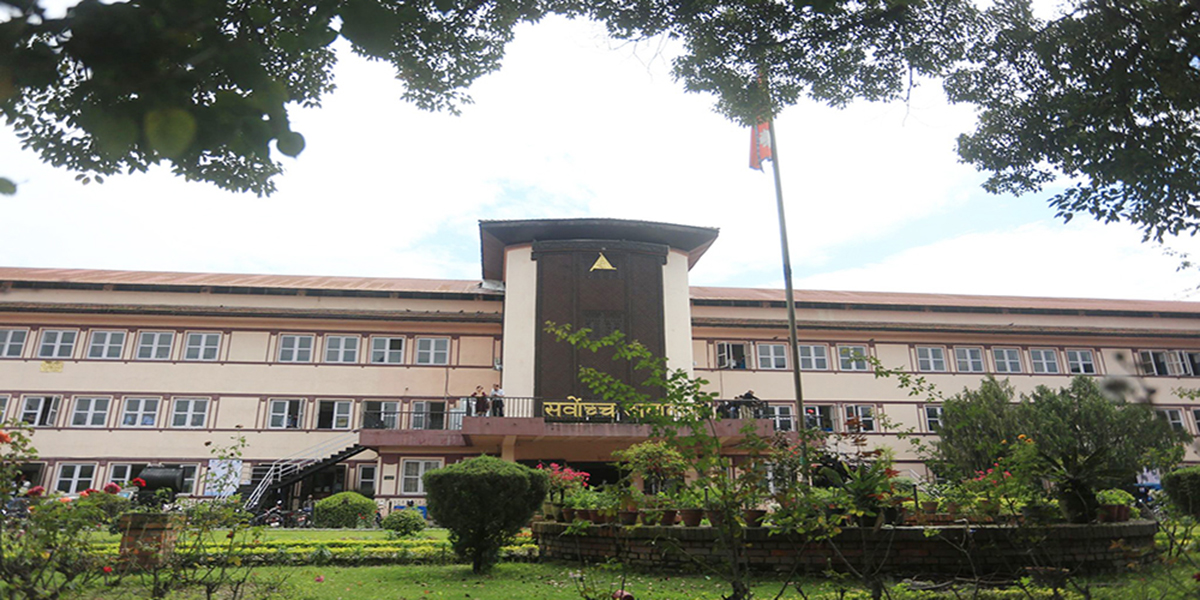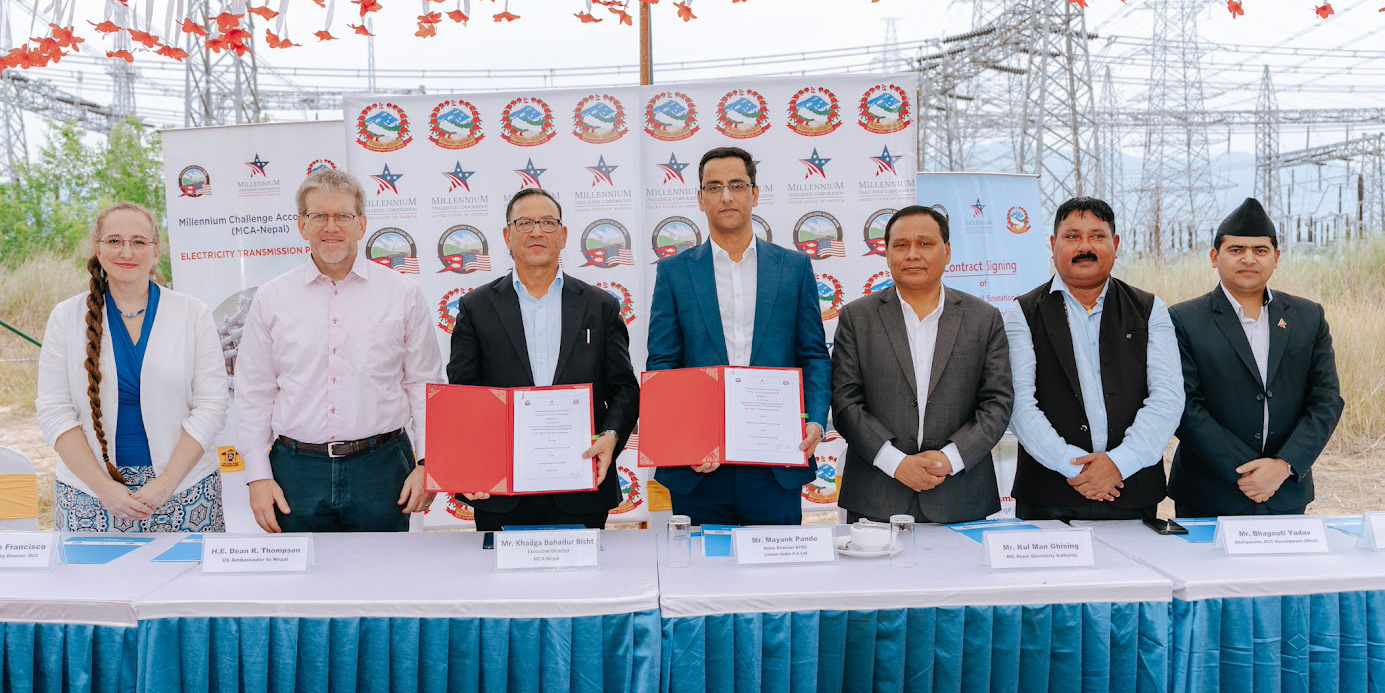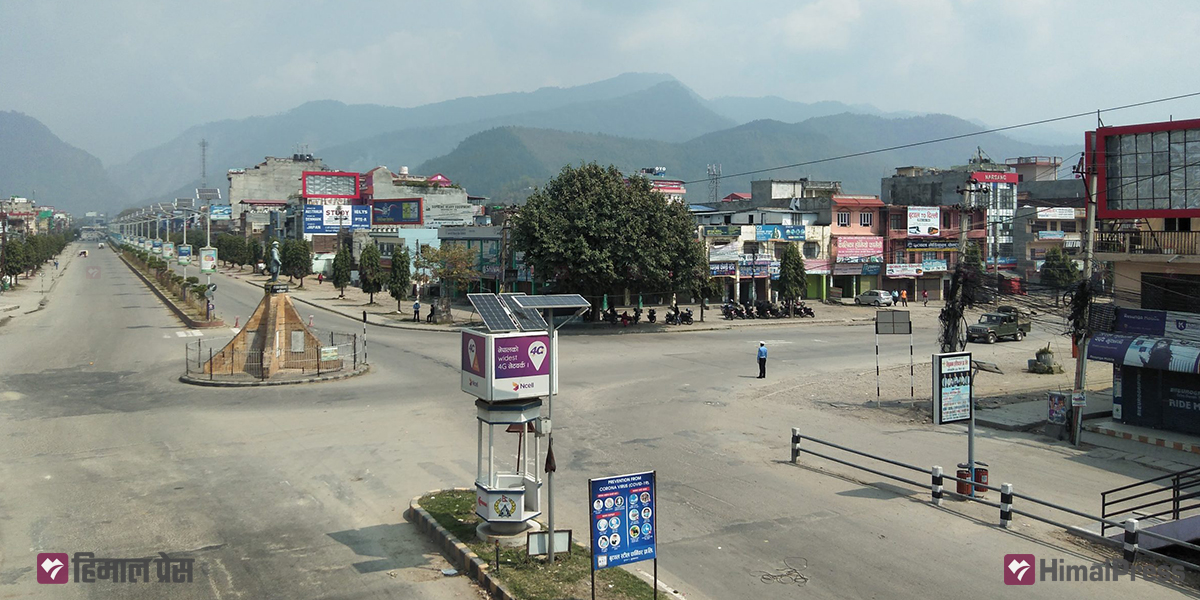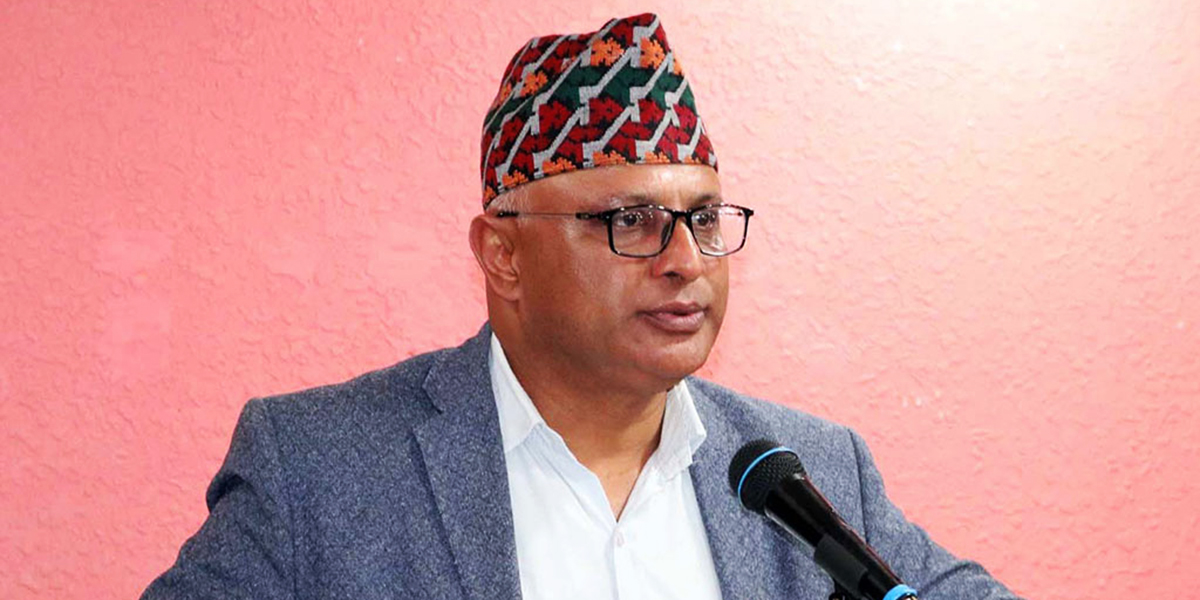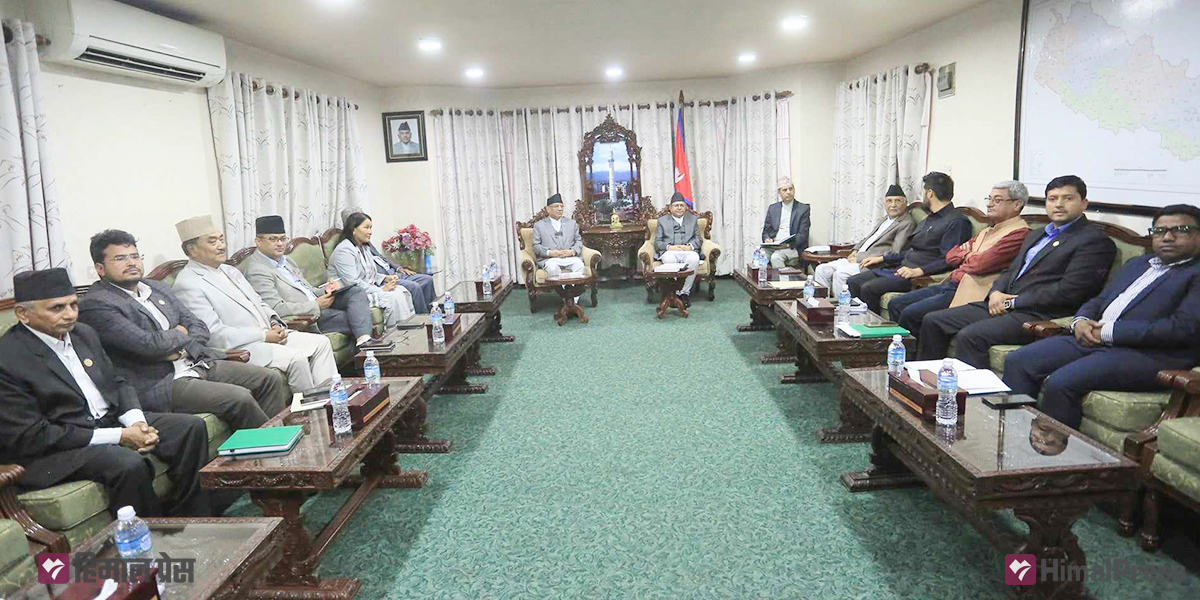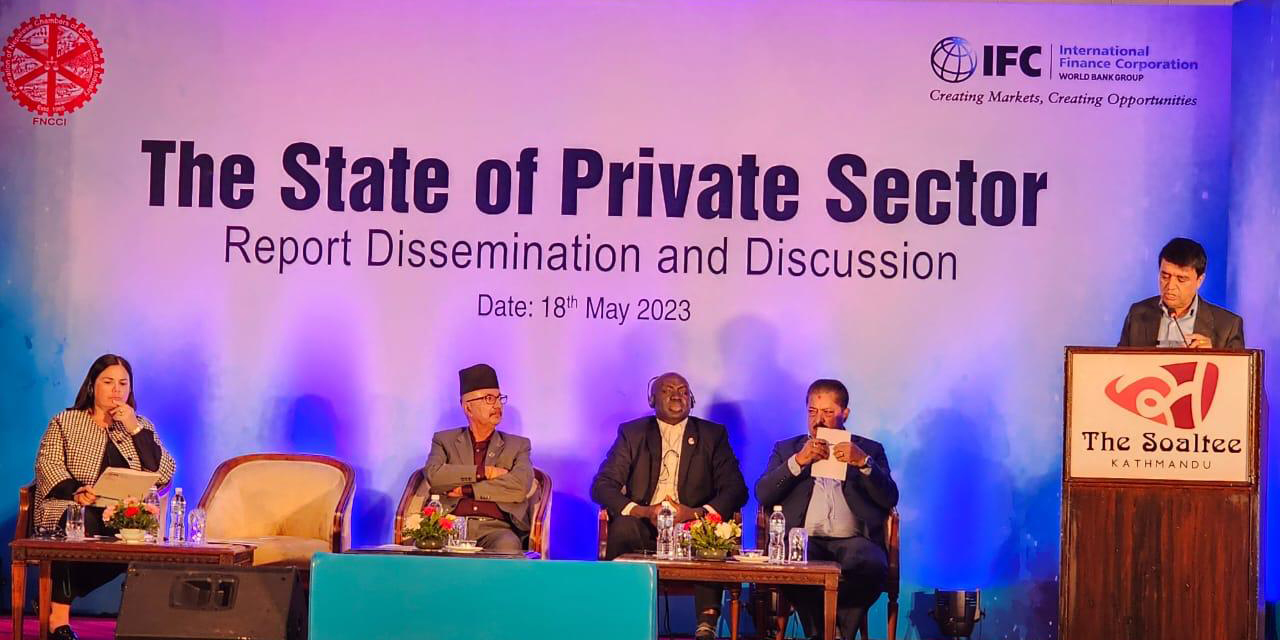
KATHMANDU: Nepal’s private sector contributes significantly to the country’s GDP, with the service and agriculture sectors playing a dominant role, a study conducted jointly by the Federation of Nepalese Chambers of Commerce and Industry (FNCCI) and the International Finance Corporation (IFC) shows.
According to the comprehensive analysis of sectoral data published by the National Statistical Office, Ministry of Finance, and various public and private enterprises, it has been estimated that the private sector, which includes households, contributes 81.55% to the country’s GDP, taking into account the value addition of all 18 sub-sectors that collectively drive Nepal’s economy, the study report entitled ‘State of Private Sector in Nepal: Contributions and Constraints’ states.
The report combines analysis of both published and unpublished secondary data to offer a snapshot of the private sector contributions to the Nepali economy, a statement issued jointly by the FNCCI and IFC said.
“The number of private sector establishments has significantly increased over the past three decades, from 28,660 in 1983 to 923,356 in 2018. It is also the largest employer in Nepal, providing employment to 85.6% of the total labor force. A substantial portion of the country’s labor force is employed in agriculture, forestry, and fisheries (57%) and wholesale and retail trade, including vehicle repair (12.5%),” the report stated. “Both industries are primarily driven by the private sector. In 2018, the private sector employed approximately 5.5 million people, while the public sector employed around 427,000 people.”
Commenting on the report, Babacar S Faye, Country Representative for IFC in Nepal, said the report further highlights the private sector’s vital contribution to the socio-economic development of Nepal. “Our hope is that it will also help better inform and encourage the dialogue between the public and private sectors in order to formulate the best policies that will unleash the full potential of Nepal’s dynamic entrepreneurs,” he said, adding: “The people of Nepal need jobs, products and services that can only come from a stronger and more productive private sector.”
The study underlines the crucial role played by the private sector in Nepal’s growth since the 1990s, marked by the restoration of democracy and the government’s implementation of liberalization, privatization, and globalization policies. This progress has been evident in industries such as finance, hospitality, tourism, education, and health.
Speaking on the occasion, Chandra Dhakal, President of the FNCCI, emphasized the importance of collaboration between stakeholders during Nepal’s ongoing social and economic changes, including the challenges posed by the COVID-19 pandemic. “This report can act as a helpful aid to those looking to get the most out of the private sector’s contribution to Nepal, and to foster cooperation between the public and private sectors. We hope that future editions of this report will aggregate and analyze all private sector-related data in one place—creating a robust baseline for data-driven policy dialogue,” he added.
The report also includes a survey of 517 Nepali firms to assess the impact of COVID-19 and their awareness of sustainability and climate change. The findings revealed that many firms, particularly in wholesale and retail trade, hotels and accommodation, and manufacturing, were significantly affected by COVID-19 restrictions. However, despite the challenges, half of the firms reported profitability after the lifting of lockdown measures, according to the report.

 Himal Press
Himal Press 
